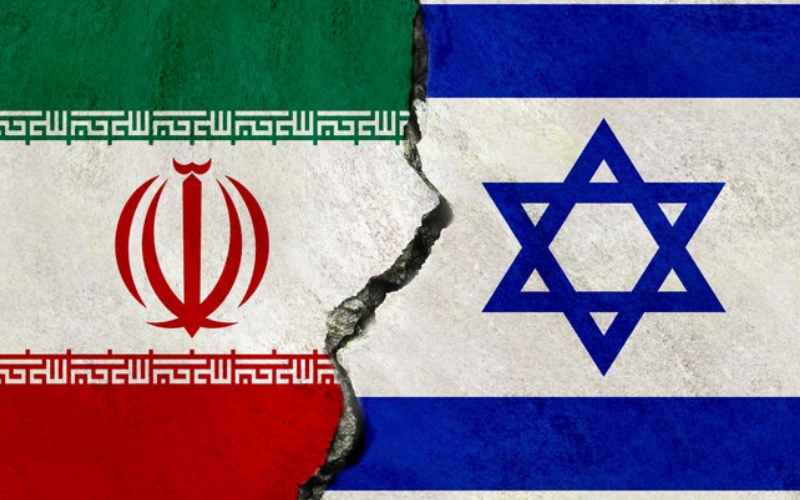
Rising Lion or Roaring Chaos? A Critical Look at the Escalating Israel–Iran Conflict
As Israel’s Operation Rising Lion enters its fourth day, the Middle East teeters once again on the brink of a wider war. The Israeli campaign launched with precision airstrikes against Iran’s nuclear and missile infrastructure has been hailed by some as a strategic masterstroke. But beneath the thunder of fighter jets and missile intercepts lies a troubling question: What is the endgame, and at what cost?
Strategic Brilliance or Tactical Overreach?
Israel’s June 13th strike on Iran was its most overt and wide-ranging assault to date, targeting facilities in Natanz, Isfahan, and multiple IRGC bases. The initial results were devastating for Iran, with over 200 reported dead and significant damage to uranium enrichment capabilities.
Yet critics point out that no air campaign alone can eliminate Iran’s nuclear potential, which is deeply embedded, widely dispersed, and partially concealed underground. Analysts warn that Israel may have overreached, launching a complex, high-stakes military operation without a clearly defined political or diplomatic exit strategy.
Legal Grey Zones and Civilian Harm
From a legal standpoint, Israel’s attack raises urgent questions. Under international law, preemptive strikes require an imminent threat. Israel cited recent IAEA reports showing Iran enriching uranium beyond 60% as justification. However, many legal scholars argue that this still does not satisfy the threshold for lawful unilateral military action.
Iran’s response, meanwhile, has been equally brutal. Ballistic missiles and drones have targeted civilian areas in Tel Aviv, Haifa, and Petah Tikva. Though Israel’s Iron Dome intercepted many, at least 14 Israeli civilians have died, and over 100 have been injured.
Proxy Wars in Play
Hezbollah has fired dozens of rockets from Lebanon; Houthis have joined in from Yemen. These proxy fronts threaten to turn this into a regional wildfire. If Iran’s allies intensify their involvement, especially in the Red Sea or on Israel’s northern border, the conflict could spiral into a multi-state confrontation.
Economic and Global Fallout
Markets have reacted sharply. Oil prices soared above $110 a barrel, and Gulf shipping routes are under strain. International airlines are rerouting flights away from Iranian and Israeli airspace. Meanwhile, Gulf nations and India have begun preparing evacuation protocols for their citizens in both conflict zones.
Diplomacy Derailed
Perhaps the most tragic casualty has been diplomacy. The Vienna nuclear talks, already on life support, have collapsed. Iran has expelled IAEA inspectors, and the E3 nations (UK, France, Germany) are threatening a UN Security Council referral. The U.S. has backed Israel’s right to self-defence, but is increasingly urging restraint behind closed doors.
The Danger of Escalation Without Vision
Israel’s leadership may view this as a necessary strike to delay Iran’s nuclear ambitions. Iran, for its part, has vowed retaliation but stopped short of targeting Israel’s nuclear sites, a sign that mutual deterrence still holds. But history shows that wars without strategic clarity often drag on with devastating consequences.
If both nations continue down this path, what began as a preemptive strike could evolve into a protracted, destabilizing war with no winners; only casualties, economic chaos, and a further breakdown of international norms.
While Israel’s Operation Rising Lion showcased its military prowess, it has opened a Pandora’s box of consequences. Without diplomatic engagement and regional restraint, the current trajectory points not toward resolution, but toward greater uncertainty, escalation, and chaos.
Disclaimer: The opinions expressed in this article are those of the author's. They do not purport to reflect the opinions or views of The Critical Script or its editor.

Newsletter!!!
Subscribe to our weekly Newsletter and stay tuned.

















Related Comments